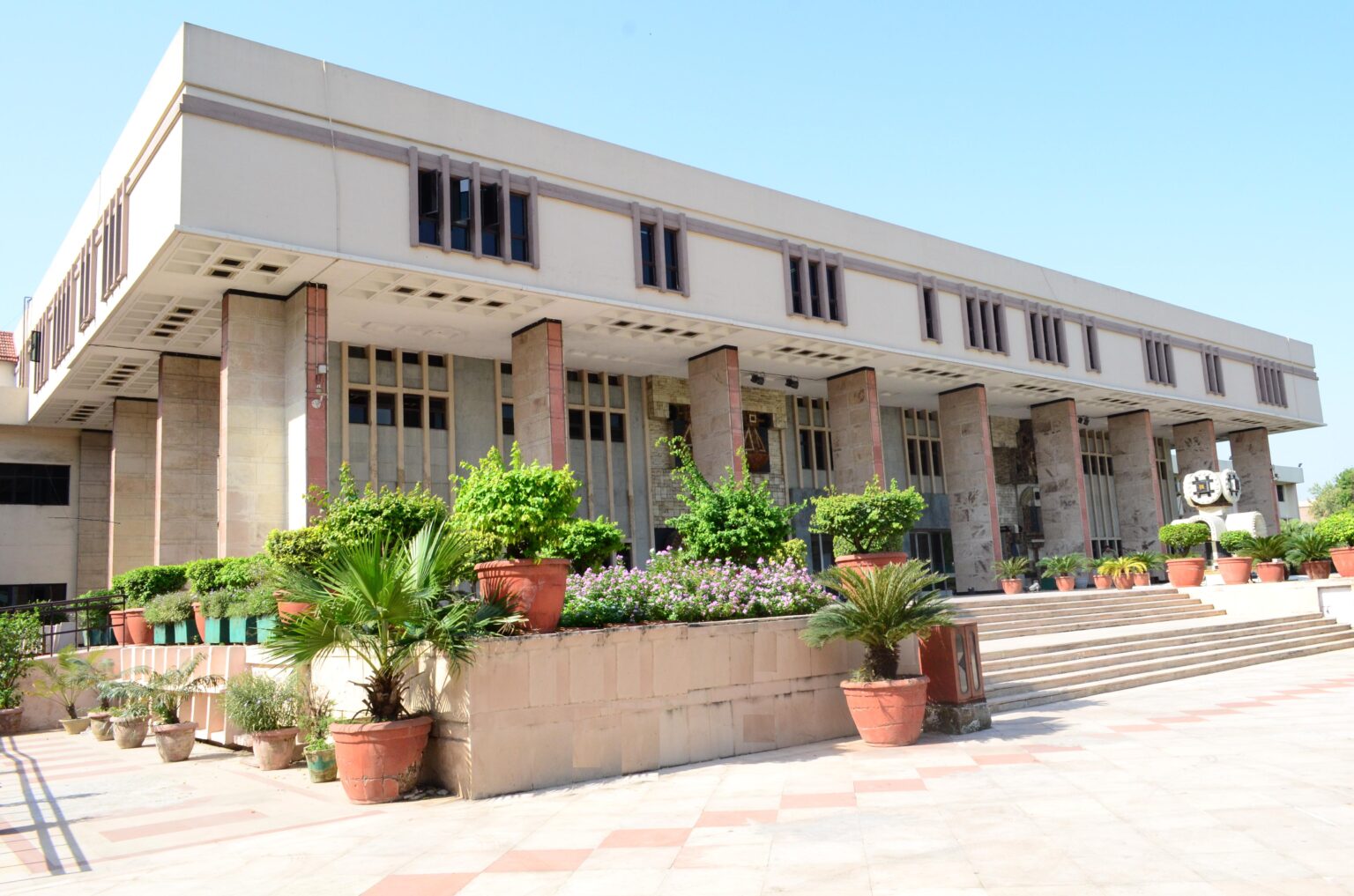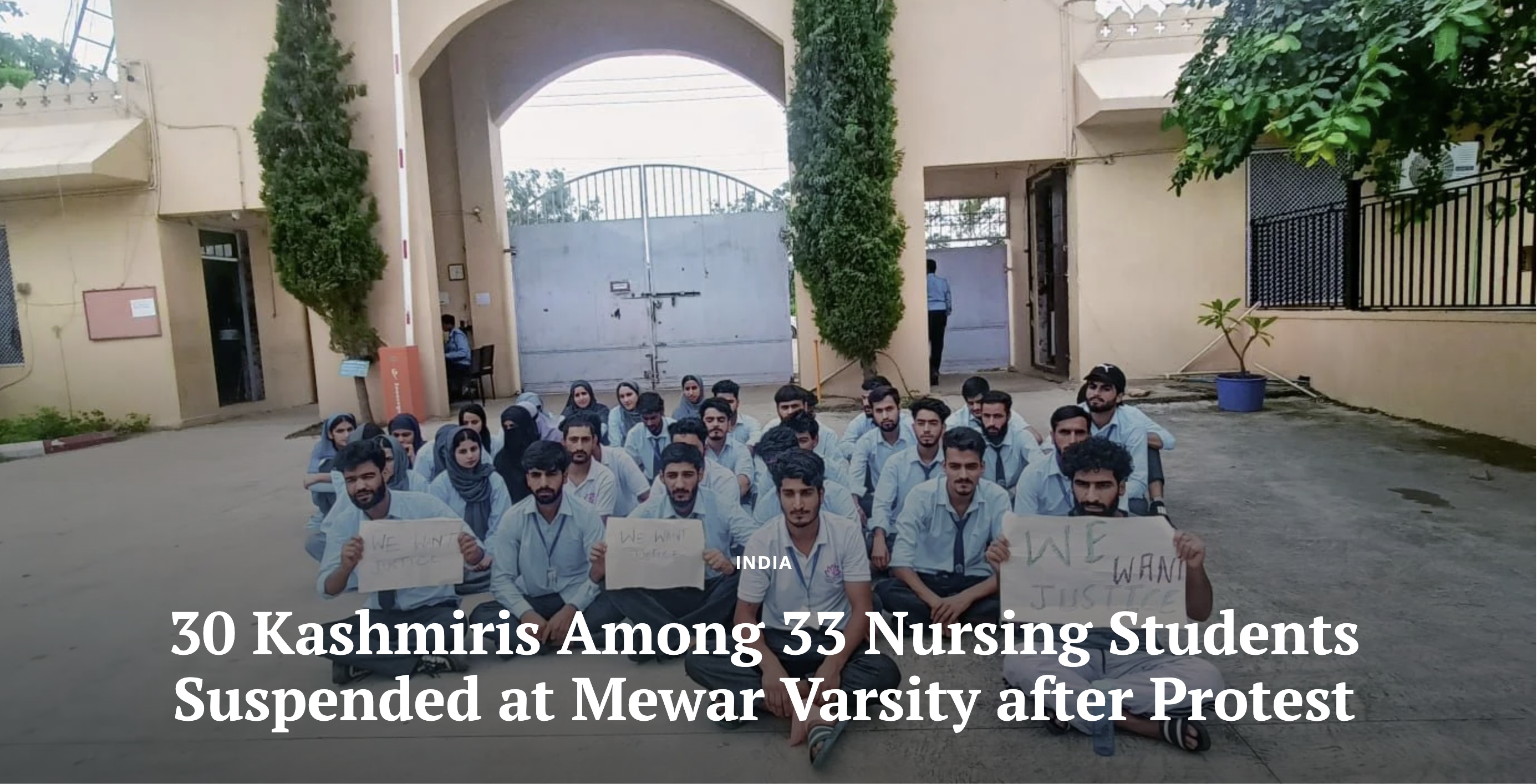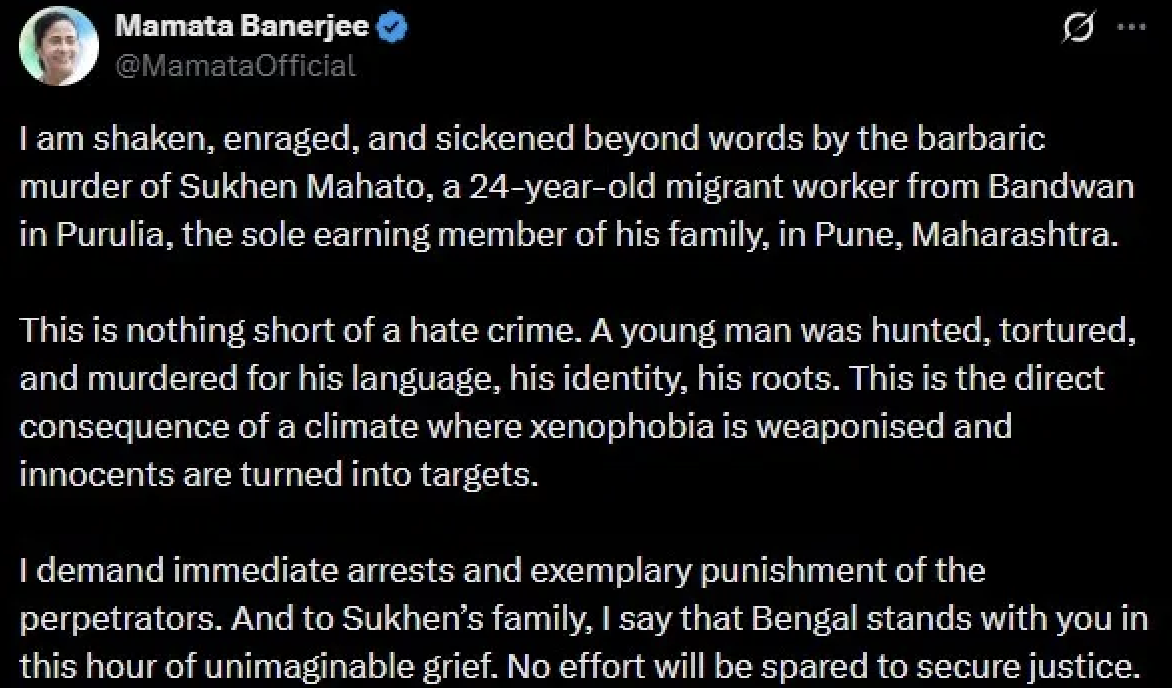
(Photo Courtesy: Facebook/Teesta Setalvad)
In her first interview since walking out of Ahmedabad’s Sabarmati Central Jail, activist-journalist Teesta Setalvad told NDTV on Monday, 5 September, that she had “expected due process of law, like the issue of notice, to be followed and not the kind of crackdown which happened” in her case.
Referring to fact-checker Mohammed Zubair’s arrest over a tweet, she said that laws need to be “applied with honesty” by the police.
“Look what happened to Zubair – so many examples of this “crackdown” and the police getting away without following due process. It can happen to anybody,” she told NDTV.
Describing her police custody as “strange”, Setalvad also pointed out that she was called for questioning only once, for just three hours, during her entire police remand period of six days.
Setalvad walked out of a Gujarat jail on the evening of Saturday, 3 September, a day after she was granted interim bail by the Supreme Court, in connection with the 2002 Gujarat riots conspiracy case.
‘Strange’ Police Custody
Speaking to NDTV, Setalvad said that she had a “strange” experience with police custody as she was called for questioning only once (from 11 pm to 2:30 am) during the entire six-day period, when she was kept in the police remand. “I was just sitting around the rest of the time,” she said.
Answering a question about the wider crackdown on activists and others who critique the Centre, she said:
“We have a set of laws, IPC laws others. These laws need to be applied with some degree of honesty, impartiality and autonomy. The whole issue of police not becoming of the Executive’s arm is the question here. Its worrying. If you have a situation where the police become used to this kind of arrests and raids and then get away with it, then it can become a threat to anybody tomorrow, not just activists.”
‘Life in Jail Is Never Easy; Confined Spaces, No Areas of Silence’: Setalvad
Stating that she was in jail for 63 days after being in police remand for seven days, Setalvad said that it is important for the members of civil society to look at the issues related to the jail conditions for women, children, and undertrials.
Speaking to NDTV, Setalvad said that the Sabarmati Jail has a new women’s jail next to the men’s jail where around 200 women – 50 convicts and some 150 undertrials – are lodged. Contrary to her expectation, she said that her security was better.






